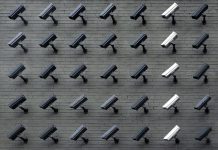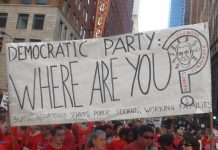Representative Jackie Speier (D-San Francisco / San Mateo) introduced the Closing the Pre-Paid Mobile Device Security Act of 2016. The bill, should it become law, would require retailers to obtain and verify personal information from any consumer attempting to purchase a pre-paid phone.
These devices, colloquially referred to as ‘burner phones’, are frequently involved in criminal activity and were used by the 9/11 hijackers as well as the Paris attackers. Unlike contract-based cellular service, pre-paid service does not currently require any kind of identifying verification.
This bill would change that. Retailers would be forced to require a government ID or similar documentation be provided and stored upon the purchase of a device. Retailers would be required to refuse any transaction unless acceptable identification is provided. It would also require that pre-paid cellular operators maintain databases of their customers’ personal information.
Congresswoman Speier and proponents of the bill claim that the bill “would close one of the most significant gaps in our ability to track and prevent acts of terror, drug trafficking, and modern-day slavery.” The bill’s supports assert that pre-paid mobile operators not being held “to the same standard as regular contract phones poses a serious risk to national security.”
While there may be some benefits for law enforcement in requiring pre-paid devices to be registered, there will likely be an unintended side-effect of making mobile technology less accessible.
Unlike phones from major carriers, pre-paid devices do not require any form of credit check or income verification. Additionally, they often can be purchased and “re-loaded” using cash rather than a credit card or bank account, making them the common choice for low-income citizens and undocumented individuals.
If the bill becomes law, it’s likely that a large number of vulnerable consumers would be unable to gain access to mobile devices and have lost access to what is increasingly an essential tool for modern life.
Featured image is by Chris Phan, available under a Creative Commons 2.0 license.





